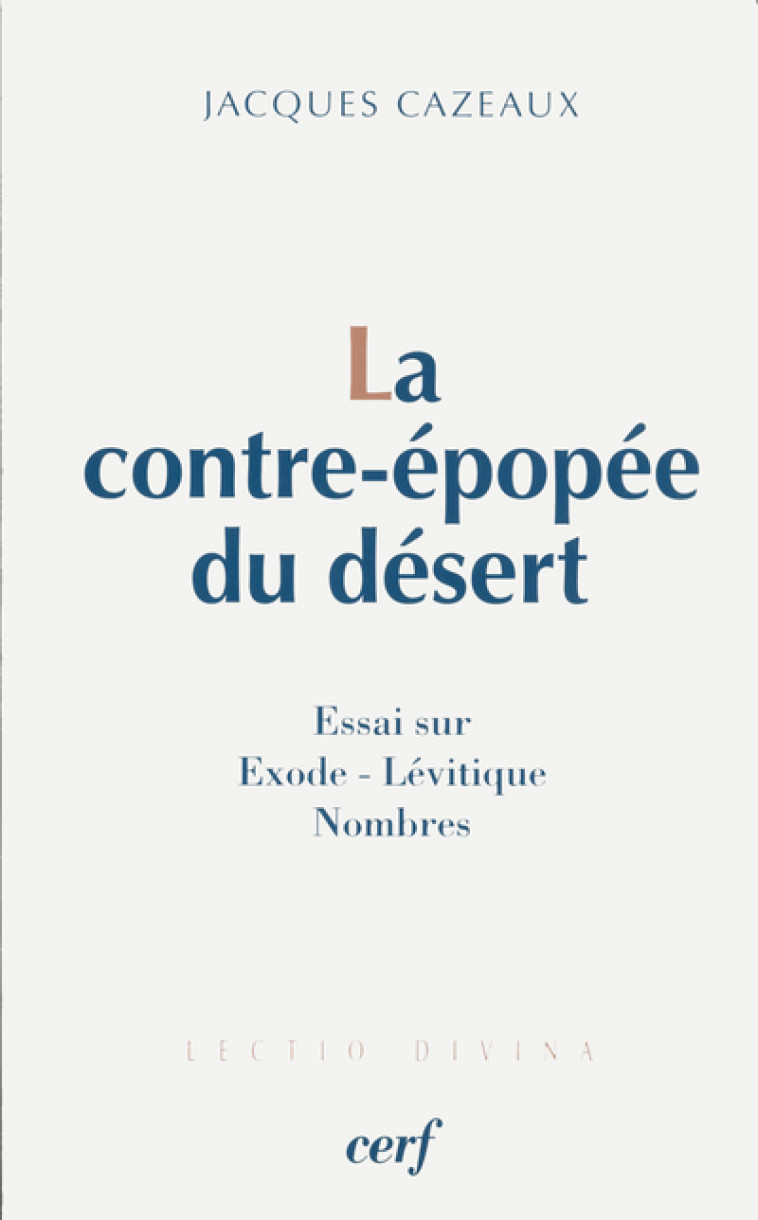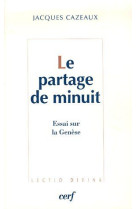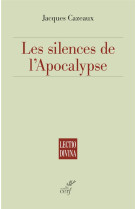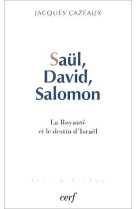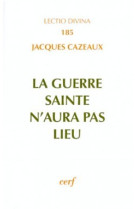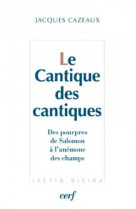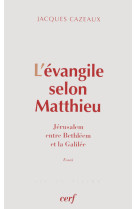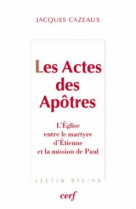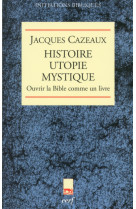La contre-épopée du désert
Jacques cazeaux
Après « Le Partage de minuit », qui suivait pas à pas les récits de la Genèse, voici le commentaire de l'Exode, du Lévitique et des Nombres. La Genèse avait déroulé la saga des Patriarches, exemplaire et plutôt paisible. Viennent maintenant les récits lourds, agités, terribles, où Israël tout à la fois naît de l'Égypte et refuse avec persévérance sa véritable nativité à la Loi de Yahvé. L'ensemble formé par l'Exode et les Nombres pourrait s'intituler « le malentendu ». Il raconte l'infidélité, voire l'apostasie, des Hébreux, que Yahvé a fait sortir d'Égypte et auxquels il a donné sa Loi par l'intermédiaire de Moïse. Or ils renient Moïse, le menacent, le jalousent lui demandent à manger, à boire, à retourner en Égypte d'avance ils ont adopté l'idolâtrie cananéenne. Suicidaires, ils erreront quarante années dans le désert - où ils périront tous sauf deux (Josué et Caleb). Ces livres sont donc tout sauf une épopée qui chercherait à donner aux Judéens l'orgueil de leur identité ! L'admirable est qu'au milieu de ces misères brille la Loi, charte de l'humanité. Car si le peuple existe encore, c'est qu'il tient la vie de Dieu seul. Le livre du Lévitique (écrit pour des Hébreux désormais installés) donne à Israël les règles qui modèlent son existence, le transfigurent et le mettent en résonance avec la présence de Yahvé. Ce livre - qu'on enjambe souvent quand on lit la Bible - apparaît comme en surplomb mystique, une lumière d'en haut.
--
After ‘Le Partage de minuit', which commented the narratives in the Book of Genesis step by step, follows a commentary of Exodus, Leviticus and Numbers. Genesis told the saga of the Patriarchs, exemplary and peace-loving. But now come those terrible, turbulent texts that see Israel born of Egypt, while stubbornly refusing its true nativity to the Law of Yahweh. The ensemble formed by Exodus and Numbers might be entitled ‘the misunderstanding'. It tells of the disloyalty, even the apostasy, of the Hebrews, whom Yahweh led out of Egypt and to whom he gave his Law through Moses. But they deny Moses, threaten him, envy him they ask him for food and drink and urge him to take them back to Egypt. They all-too-readily adopt the idolatry of the Canaanites. Suicidal, they wander for forty years in the desert - where they all perish except two (Joshua and Caleb). We cannot believe that these books constitute an epic intended to give Judeans pride in their identity! But what remains admirable is that amidst all this unhappiness, the Law continues to shine, a charter for humanity. For if the people still exists, it is because their existence depends on God alone. The Book of Leviticus (written for the Hebrews who were then settled) gave Israel the rules that modelled its existence, transfigured it and brought it into harmony with the presence of Yahweh. This book is easy to dip into while reading the Bible it provides a mystical glow from above.

